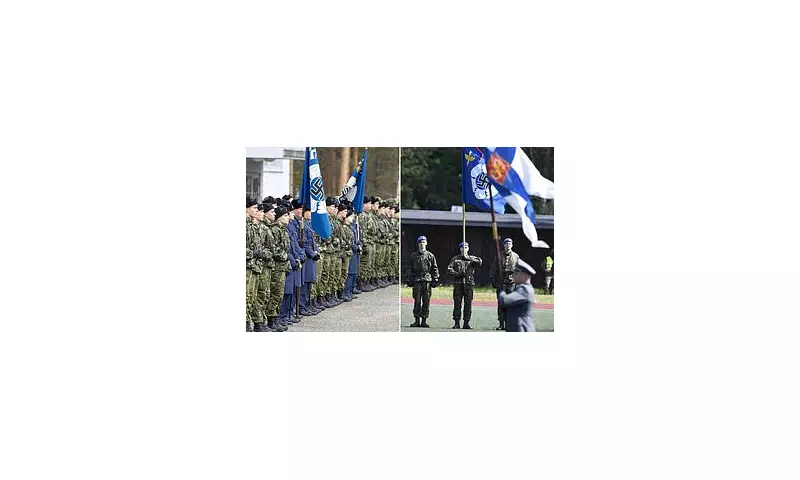
In a striking admission, Finland's Defence Ministry has publicly questioned the appropriateness of its own Air Force's longstanding use of the swastika emblem. The move comes after years of international scrutiny and internal debate over the symbol, which predates Nazi Germany's adoption of it but is now irrevocably associated with the Third Reich.
The swastika has been a part of the Finnish Air Force's symbolism since 1918, introduced by a Swedish count, Eric von Rosen, who used it as a personal good luck charm. The aircraft he donated to the fledgling Finnish military bore the symbol, and it was subsequently adopted as an official emblem.
A Symbol With Two Histories
Finnish authorities have historically defended its use, emphasising that its origin in their context is separate from the hateful ideology of Nazism. For decades, it has been featured on unit flags, insignia, and decorations, representing a proud national military history.
However, the Ministry has now belatedly acknowledged the immense weight of the symbol's 20th-century legacy. A statement conceded that from a modern perspective, and considering its global understanding, the symbol's usage is 'probably inappropriate'.
Modern Scrutiny and Changing Times
The debate has been simmering for years but gained renewed traction in 2017 when a photo of the Air Force Command's swastika flag was widely shared online, causing international confusion and outrage. The Ministry's recent statement suggests a significant shift in official thinking, recognising that a symbol's original meaning can be entirely overshadowed by its subsequent, more potent and toxic adoption.
This reassessment reflects a broader, global conversation about historical symbols, their place in public institutions, and the need for sensitivity to their contemporary interpretations. While the swastika remains a sacred symbol in religions like Hinduism and Buddhism, its Western context is dominated by its Nazi past.
The Finnish Defence Ministry's statement marks a pivotal moment, signalling that even a century-old tradition must be re-evaluated against modern values and global perceptions.





